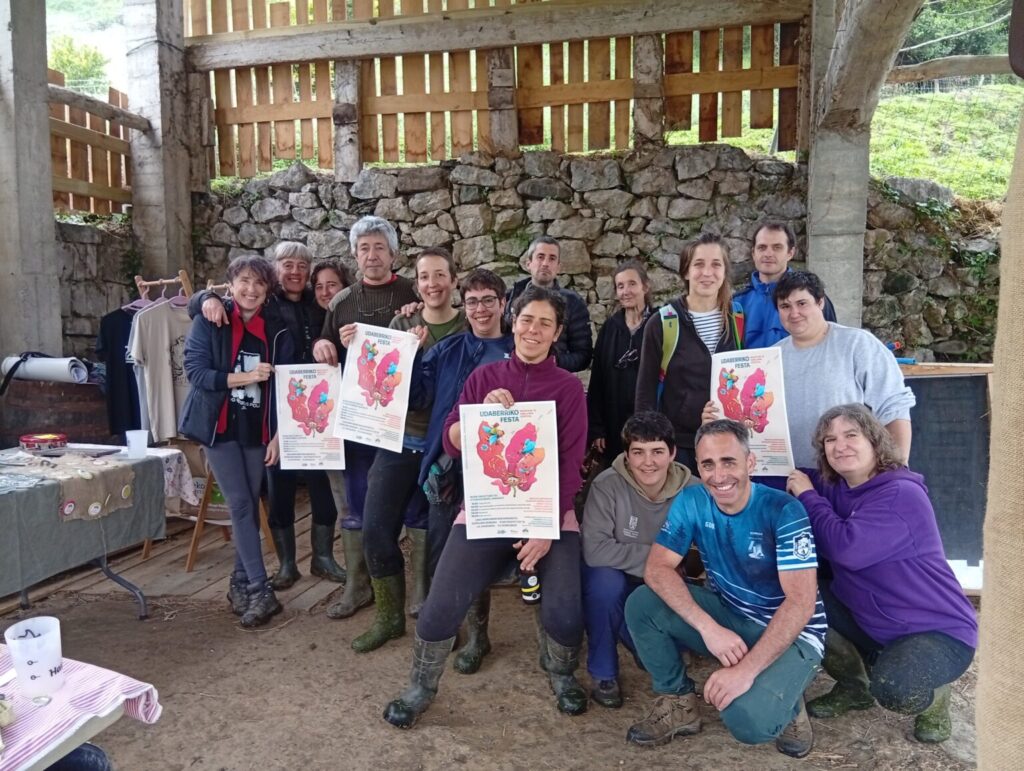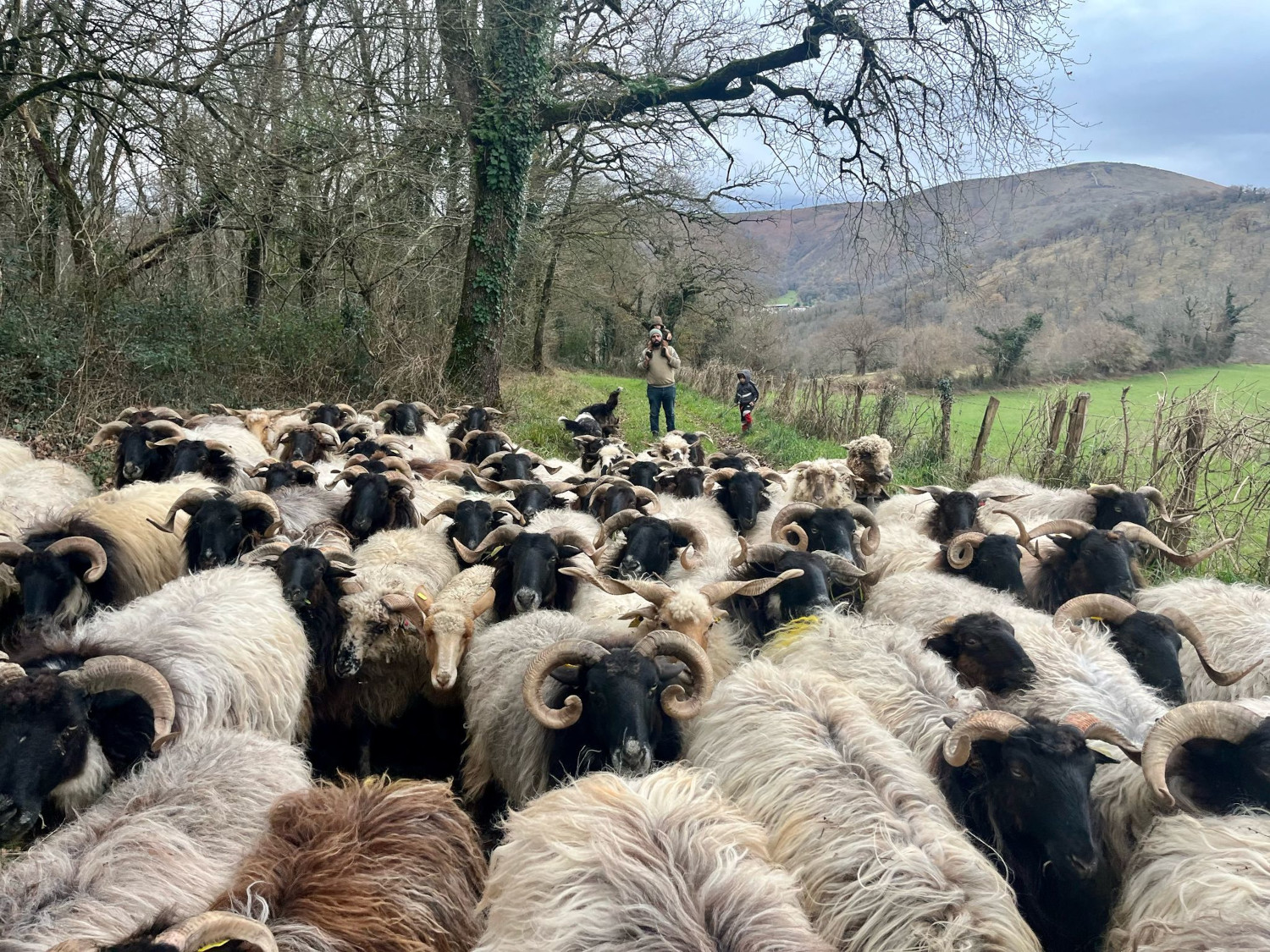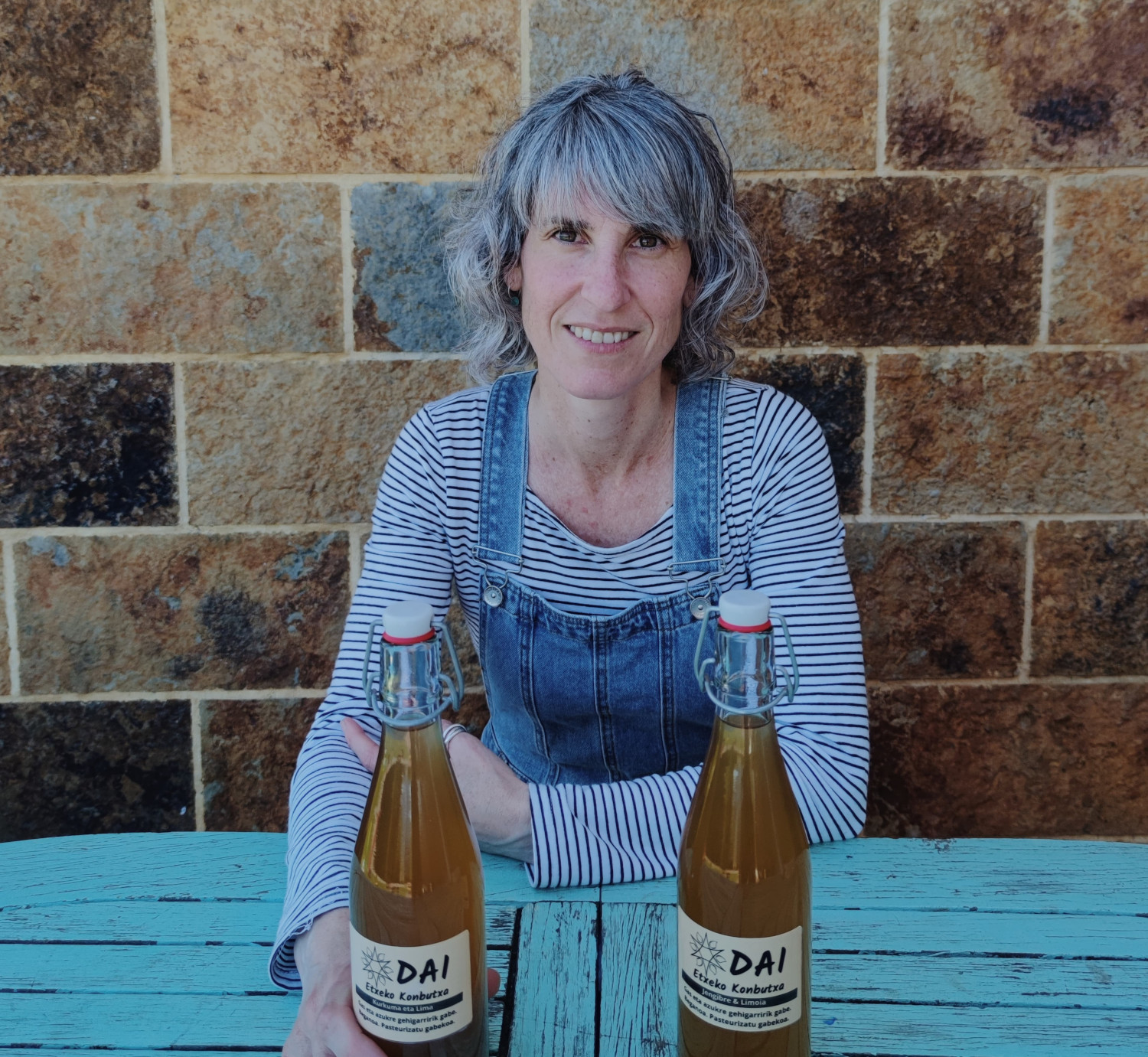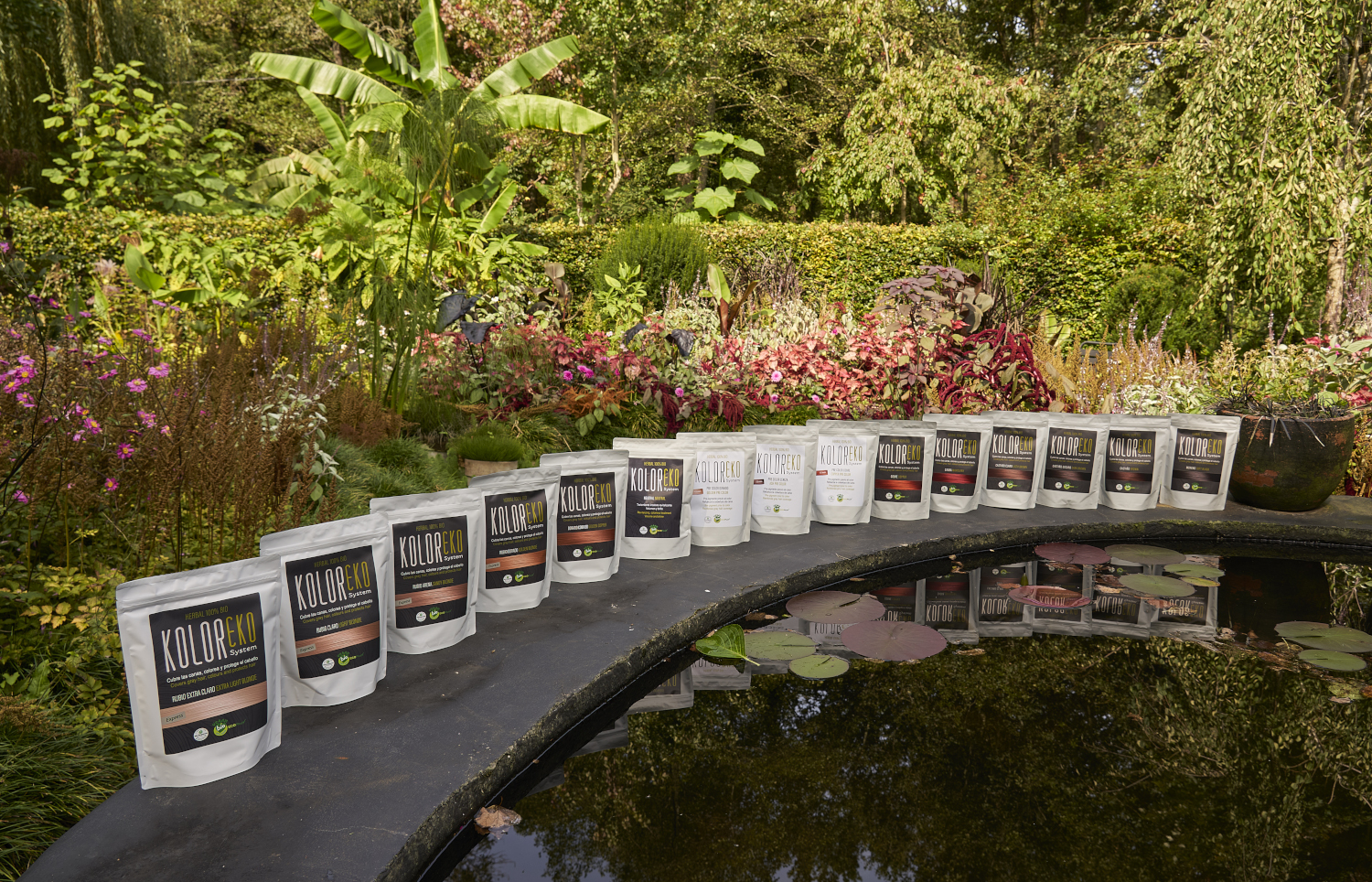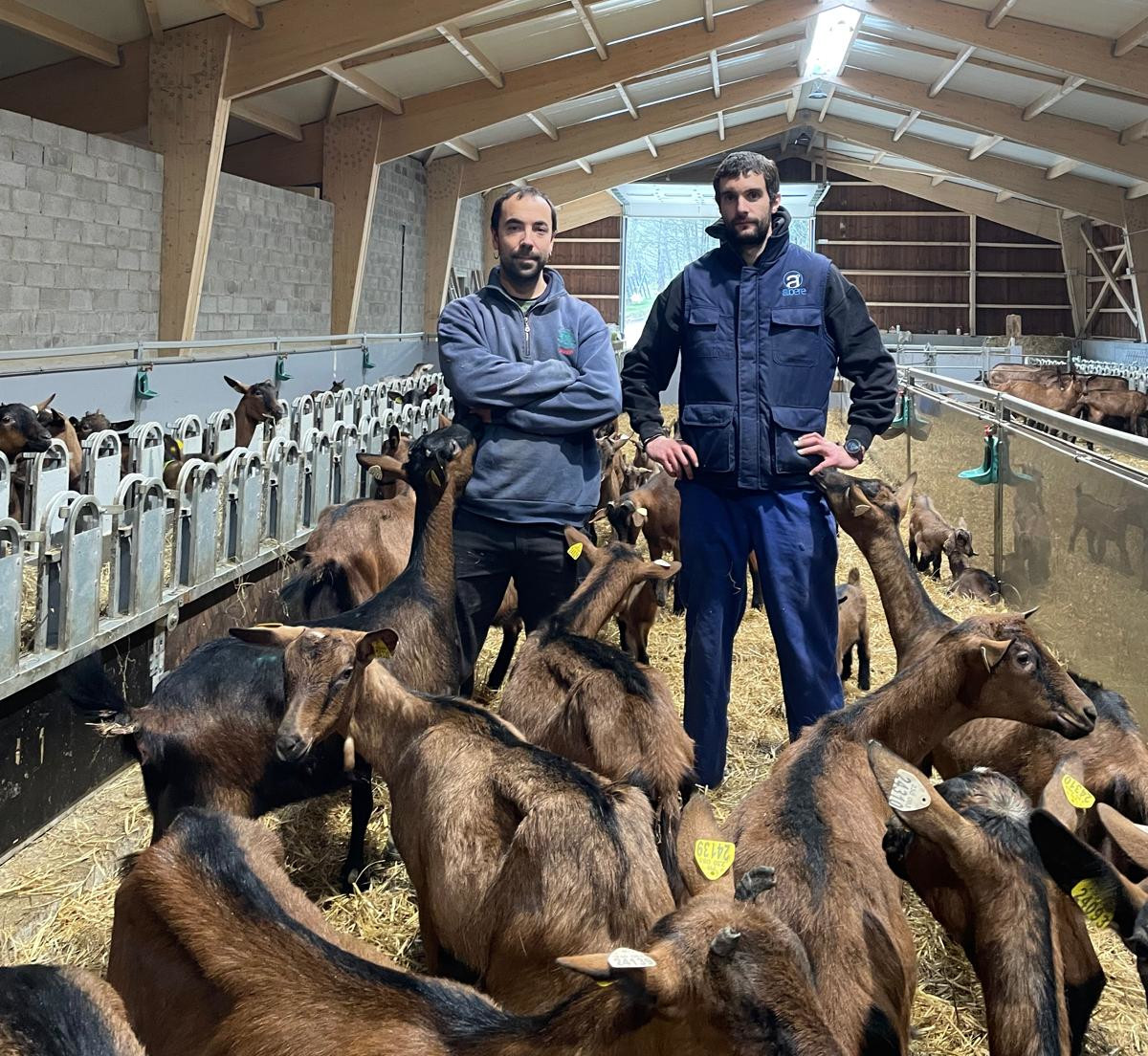“We need collective projects not to feel the farmer alone”
- Joritz Mitxelena Zapirain has been a farmer at Oiartzun’s Elika cooperative since November 2016. Seeing that the people were losing their houses and the situation of agriculture was bad, a group of young people got together and started moving the issue. “He contacted the City Hall and he took a plot for competition. After introducing the Elika cooperative, we are working on that plot,” explains the farmer. Despite the difficulties and vicissitudes they have had during these years, Elika is already a stabilized project. They produce cestones every week and also sell vegetables on site and in Cereals.

Besides Mitxelena, Alva Chavez and Arantxa Zapirain work as farmers in Elika, the first two full-time and the third half day. Although these are the three wage workers, Mitxelena has stressed that without the contribution of the other members of the cooperative it would be difficult to maintain the project. “We take care of the garden, but paper accounts, subsidies, invoices, etc. It makes them another group of the cooperative," he says.
In addition to these bureaucratic and administrative tasks, the cooperative volunteers do other work at Elika. For example, in order for the three farmers to be able to rescue on weekends, they make shifts for garden work. “From November to April, we don’t work on weekends, but other months, so that one of us can take the party, two cooperatives come to work every weekend,” he explained. On the other hand, it is worth noting the support and support received by the City Council. In fact, the town hall rented the land to a neighboring dwarf to bid it out. Elika presented the project and since then works on the plot without the need to rent or pay water.
46 baskets of vegetables per week
Elika farmers produce 46 baskets of fresh and organic vegetables each week. They are distributed on the plot itself. “Every Tuesday we prepare baskets and shoppers come here to pick them up. So, they have to do with the garden, see how we work…”. In order to receive the basket, it is not necessary to be cooperative, although most cases are about 40 members. They have a 5% discount. On the other hand, the Labore store is very close to the plot, so bring the vegetables there to sell them.
The Elika cooperative is part of the work being done in Oiartzun on the road to food sovereignty. Although the start was complicated, they have managed to stabilize the project and have very positively valued the trajectory of these years. Moreover, the cooperative does not meet the current demand in the municipality and, for the future, they intend to promote more similar projects. For this, the farmer is clear on the road: “It is important to collectivize this type of project, without leaving all the burden borne by the farmer. I believe that not feeling alone to advance projects is key.”
Duela lau urte abiatu zuten Azpeitian Enkarguk proiektua, Udalaren, Urkome Landa Garapen Elkartearen eta Azpeitiako eta Gipuzkoako merkatari txikien elkarteen artean. “Orain proiektua bigarren fasera eraman dugu, eta Azkoitian sortu dugu antzeko egitasmoa, bere izenarekin:... [+]
Donostiako Amara auzoko Izko ileapaindegi ekologikoak 40 urte bete berri ditu. Familia-enpresa txikia da, eta hasieratik izan zuten sortzaileek ile-apainketan erabiltzen ziren produktuekiko kezka. “Erabiltzaileen azalarentzat oso bortzitzak dira produktu gehienak, baina... [+]
Ubidekoak (Bizkaia) dira Imanol Iturriotz eta Aritz Bengoa gazteak. “Lagunak gara txikitatik, eta beti izan dugu buruan abeltzaintza proiektu bat martxan jartzeko ideia”, azaldu du Iturriotzek. Nekazaritzari lotutako ikasketak izan ez arren, baserri munduarekin eta... [+]
Iruñean bizi ziren Iñaki Zoko Lamarka eta Andoni Arizkuren Eseberri gazteak, baina familiaren herriarekin, Otsagabiarekin, lotura estua zuten biek betidanik. “Lehen, asteburuetan eta udan etortzen ginen eta duela urte batzuk bizitzera etorri ginen”, dio... [+]
Gipuzkoako hamaika txokotatik gerturatutako hamarka lagun elkartu ziren otsailaren 23an Amillubiko lehen auzo(p)lanera. Biolur elkarteak bultzatutako proiektu kolektiboa da Amillubi, agroekologian sakontzeko eta Gipuzkoako etorkizuneko elikadura erronkei heltzeko asmoz Zestoako... [+]
Emakume bakoitzaren errelatotik abiatuta, lurrari eta elikadurari buruzko jakituria kolektibizatu eta sukaldeko iruditegia irauli nahi ditu Ziminttere proiektuak, mahai baten bueltan, sukaldean bertan eta elikagaiak eskutan darabiltzaten bitartean.








